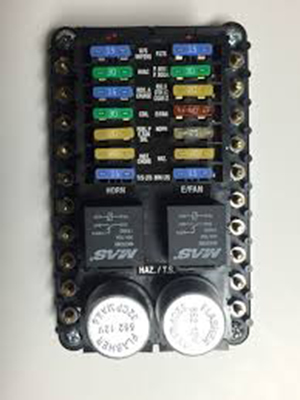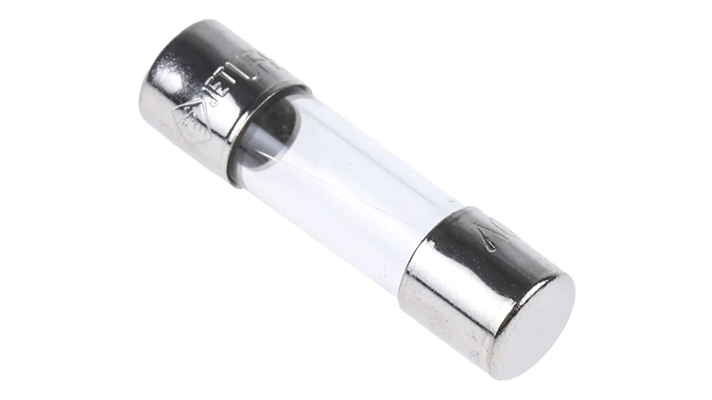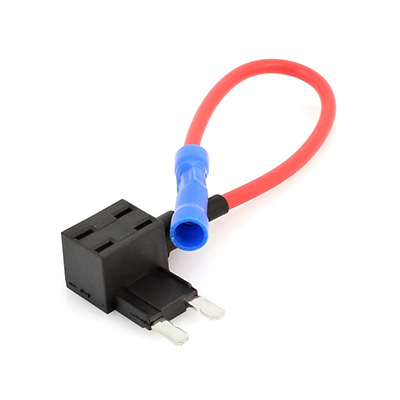Ensuring Vehicle Safety through Fuse Boxes in Automotive Horn and Audible Alert Systems
News 2025-10-20
Fuse boxes are essential safeguards in automotive electrical systems, particularly for horns and audible alerts that play a critical role in vehicle safety. These components protect against electrical faults, such as short circuits and overloads, which could otherwise disable important warning systems. In everyday driving, horns signal intentions to other road users, while audible alerts notify of hazards like low battery or open doors. By managing current flow, fuse boxes ensure these features operate reliably, reducing the risk of accidents and enhancing overall vehicle integrity. This protection is vital in both passenger cars and commercial vehicles, where failure could have serious consequences.

Applications in Automotive Systems
Fuse boxes find extensive use in various automotive contexts, especially in systems involving horns and audible alerts. In standard vehicles, they protect horn circuits that activate during emergencies or routine signaling, preventing burnout from high amperage. For audible alert systems, such as those in parking assist features or anti-theft alarms, fuse boxes isolate faults to avoid cascading failures. In electric and hybrid models, they adapt to higher voltage setups, safeguarding advanced sensors and speakers. This versatility makes fuse boxes indispensable in modern automotive design, from compact cars to heavy-duty trucks, ensuring consistent performance across diverse operational scenarios.
Performance Advantages
Fuse boxes offer significant benefits in terms of reliability and efficiency for automotive horn and alert systems. They respond swiftly to overcurrent by breaking the circuit, minimizing damage and maintaining system functionality during faults. This quick action extends the lifespan of components like horns and buzzers, reducing maintenance costs. Additionally, their robust construction withstands harsh conditions, including temperature extremes and vibrations, which are common in vehicles. By providing precise current protection, fuse boxes enhance energy efficiency and compatibility with digital controls, making them a smart choice for improving safety without adding complexity to the vehicle’s electrical architecture.
Frequently Asked Questions
1. What is the main purpose of a fuse box in automotive systems?
It protects circuits from excessive current, preventing damage to components like horns and alerts.
2. How do fuse boxes improve vehicle safety?
By interrupting faulty current flow, they avoid electrical fires and ensure audible warnings function correctly during critical situations.
3. Are fuse boxes easy to maintain in cars?
Yes, they are designed for simple inspection and replacement, allowing quick fixes without specialized tools.


